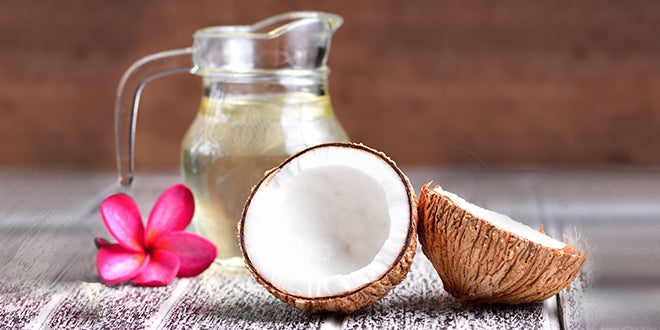Did you know that breast cancer is the most common cancer in the country next to skin cancer? Unfortunately, the American Cancer Society estimated that about 246,660 new cases of invasive breast cancer will be diagnosed in U.S. women just this year. While many medical "experts" believe the more likely risk factors are ones that can't be controlled – age or race – we do not agree. We believe that chances relate highly to lifestyle choices, such as smoking, drinking and diet. But according to a recent study published in the Journal of Clinical Sleep Medicine, those aren't the only factors that can increase one's risk – poor sleeping habits can, too, and they can also reduce one's chance of cancer survival.
 The participants were WHI women who had been diagnosed with breast cancer specifically. During enrollment, the women were asked to provide information on duration and comfort of their sleeping habits. Each analysis was adjusted based on age, site of cancer, marital status, income, smoking, physical activity and time of diagnosis – all factors that may contribute to certain sleeping habits.
The importance of a good night's sleep
The researchers found interesting results – the women who reported sleeping less than six hours at a time and snoring frequently throughout the night had less chance of cancer survival than those who slept seven to eight hours each night and didn't snore.
Getting a good night's sleep is crucial for helping the body cleanse and restore. We recommend an average of 12 hours between your breakfast and last night's meal for a proper detox, which means you should aim for at least eight hours of sleep after a four-hour digesting period. What else can you do to maximize the cleansing? Consider our Super Deluxe Full Body Detox Kit.
The participants were WHI women who had been diagnosed with breast cancer specifically. During enrollment, the women were asked to provide information on duration and comfort of their sleeping habits. Each analysis was adjusted based on age, site of cancer, marital status, income, smoking, physical activity and time of diagnosis – all factors that may contribute to certain sleeping habits.
The importance of a good night's sleep
The researchers found interesting results – the women who reported sleeping less than six hours at a time and snoring frequently throughout the night had less chance of cancer survival than those who slept seven to eight hours each night and didn't snore.
Getting a good night's sleep is crucial for helping the body cleanse and restore. We recommend an average of 12 hours between your breakfast and last night's meal for a proper detox, which means you should aim for at least eight hours of sleep after a four-hour digesting period. What else can you do to maximize the cleansing? Consider our Super Deluxe Full Body Detox Kit.
The research
While researchers from the University of Washington have analyzed studies that associate sleep duration with cancer risk, they've never found anything that correlates sleeping habits with cancer outcomes. They took it upon themselves to assess the factor with cancer survivors from the Women's Health Initiative.
Sleeping habits could determine one's breast cancer survival rate






